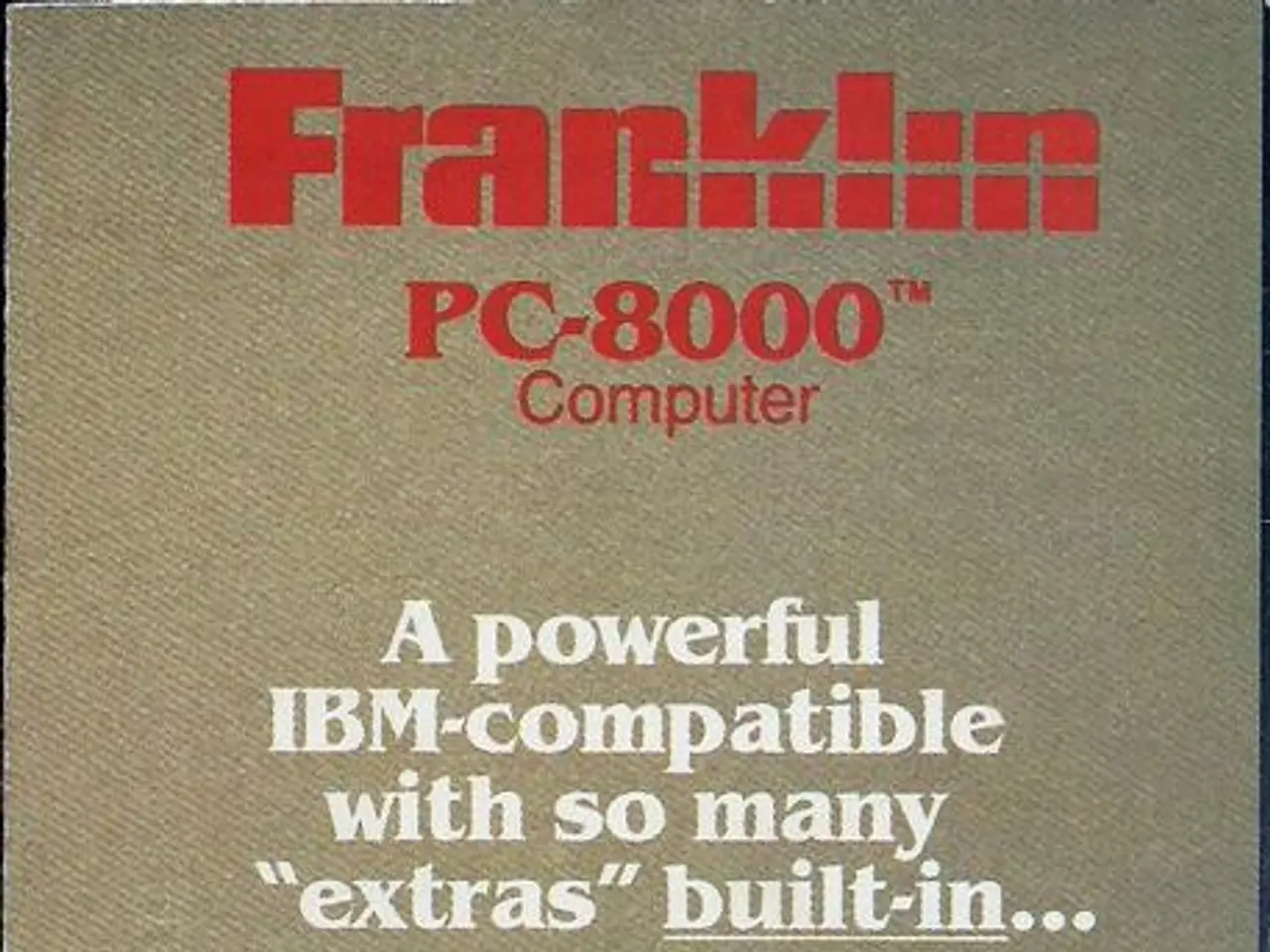Bad tidings for blue hydrogen as per IEEFA's report
The Institute for Energy Economics and Financial Analysis (IEEFA) has raised concerns about the financial viability of "blue hydrogen" projects, particularly in the context of vehicular transportation [1]. Despite this, the market outlook for hydrogen fuel cell vehicles (FCVs) remains positive, with strong growth projections for the coming decade.
According to recent forecasts, the hydrogen FCV market is projected to increase from about $9.6–$11.6 billion in 2024–2025 to around $24–30 billion by 2029–2032 [1][2][4]. This growth is driven by technological improvements, cost reductions, regulatory support, and infrastructure development [1][2][4]. Notable advancements include Toyota's launch of a third-generation fuel cell system, which aims to make FCVs more efficient and affordable [3].
However, battery electric vehicles (BEVs) continue to dominate the zero-emission vehicle market. Factors such as a more developed charging infrastructure, higher energy efficiency, and decreasing battery costs make BEVs a strong competitor [2]. As a result, hydrogen’s role will likely be more specialized, particularly in segments such as heavy-duty transport, long-range vehicles, and sectors where battery weight or charging time is limiting [2].
The seven hydrogen hubs selected by the Department of Energy (DOE) for federal funding plan to market hydrogen for transportation use [5]. However, the IEEFA 2022 report warns that these hubs may be obsolete before they launch due to the market's rapid evolution [6]. Suzanne Mattei, IEEFA energy policy analyst and author of the report, advises the DOE to use good judgment to avoid sinking tax dollars into unproven technologies and undemonstrated markets [7].
The infrastructure for these hubs will take several years to develop [5]. In the meantime, battery technology is making significant inroads into bus and medium-duty truck sales, and is predicted to dominate the zero-emission medium-duty truck market [3]. Projections indicate that battery technology is likely to capture most of the short-haul heavy-duty truck market as well [7].
The IEEFA report also finds that the DOE's vehicle market projections for hydrogen are unrealistic [6]. The long-term viability of the proposed hydrogen hubs (H2Hubs) will likely still be ruled by actual market forces. The U.S. DOE is currently negotiating with companies to build hydrogen hubs that derive hydrogen from natural gas [5].
The market scenario for hydrogen in vehicular transportation is particularly troubling, according to IEEFA [6]. Despite this, the current market outlook for hydrogen FCVs is promising, with technological progress and strong policy, commercial, and investment momentum worldwide [1][2][3][4]. The future of hydrogen in vehicular transportation will likely depend on how these market dynamics continue to evolve.
References:
[1] IEEFA. (2023). Hydrogen Fuel Cell Vehicles: Market Outlook and Challenges. Retrieved from https://ieefa.org/reports/hydrogen-fuel-cell-vehicles-market-outlook-and-challenges/
[2] Energy Central. (2023). Hydrogen Fuel Cell Vehicles: A Bright Future Ahead. Retrieved from https://www.energycentral.com/c/hydrogen-fuel-cell-vehicles-a-bright-future-ahead
[3] Toyota. (2023). Third-Generation Fuel Cell System. Retrieved from https://global.toyota/en/newsroom/corporate/32401458.html
[4] Hydrogen Council. (2023). Global Status and Trends of Hydrogen 2023. Retrieved from https://www.hydrogencouncil.com/global-status-and-trends-of-hydrogen-2023
[5] DOE. (2022). Announcing the Selected Hydrogen Hubs. Retrieved from https://www.energy.gov/eere/articles/announcing-selected-hydrogen-hubs
[6] IEEFA. (2022). Hydrogen in Vehicular Transportation: A Limited Future. Retrieved from https://ieefa.org/reports/hydrogen-in-vehicular-transportation-a-limited-future/
[7] IEEFA. (2022). IEEFA Urges DOE to Exercise Caution with Hydrogen Hub Investments. Retrieved from https://ieefa.org/press-releases/ieefa-urges-doe-to-exercise-caution-with-hydrogen-hub-investments/
In the face of concerns raised by the Institute for Energy Economics and Financial Analysis (IEEFA) regarding the financial viability of hydrogen projects, particularly in the context of the industry, finance, and energy sectors, the market outlook for hydrogen fuel cell vehicles (FCVs) remains positive, driven by technological improvements, cost reductions, regulatory support, and infrastructure development. However, the IEEFA warns that the future of hydrogen in vehicular transportation will depend on how these market dynamics continue to evolve, emphasizing the need for caution in investment decisions related to hydrogen hubs.




